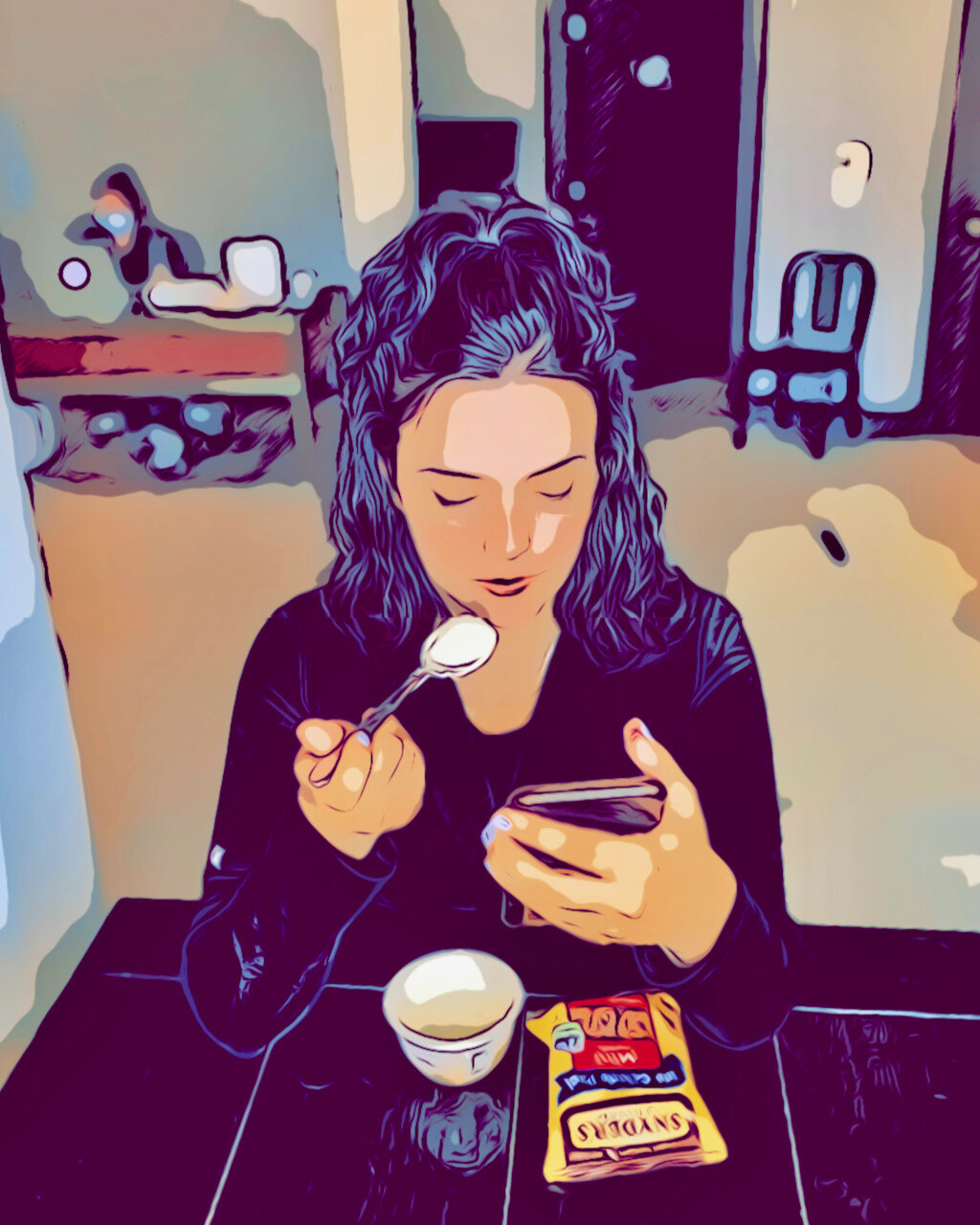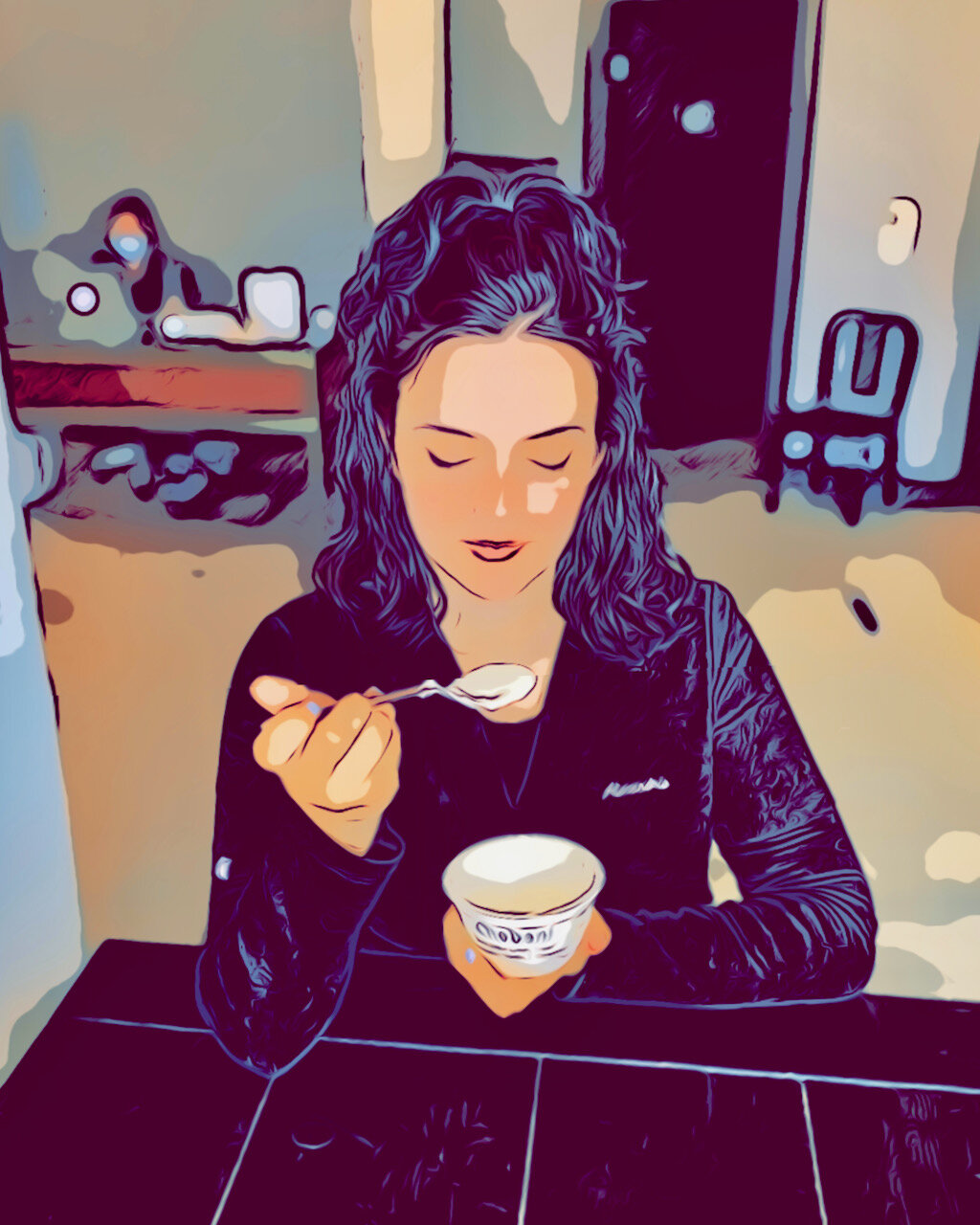How Mental Digestion and Mindful Eating Can Improve Mental Clarity
By the Acuworx Team
Essential Gut Health Tips
The “Gut-Brain” Connection
Western Medicine has been throwing around the term “gut-brain” connection, a philosophy that existed in the classical texts of Traditional Chinese Medicine (TCM) for centuries.
The term is derived from the direct connection between the digestive and nervous system. Constant communication between systems helps to regulate our gut microbiome (immunity), hormones (serotonin, dopamine etc.), digestive motility (physical contraction of intestines), and secretion of digestive fluid (digestion and absorption of nutrients).
The intimate connection means our emotional and mental states directly affect our digestive health (and vice versa). Heightened emotions and periods of stress can disrupt the normal flow of essential biological processes. When disharmonies occur, we may feel and/or notice: chronic fatigue, brain fog, insomnia, anxiety, inflammation, bloating, nausea, indigestion, acid reflux, brittle hair and nails, dry skin, and skin blemishes.
Mental Digestion Overrides Food Digestion
I often tell my patients, “mental digestion overrides proper digestion”. For example, many of us have felt too stressed or upset to eat. Or so nervous it made us nauseous. In TCM, we correlate each organ to an emotion. The emotions of the digestive system correlate to worrying, overthinking, and mental processing of information.
Mental and emotional stress is viewed as an imbalance of this system. When chronic, we see physical manifestations such as IBS, ulcers, acid reflux, bloating, and irregular bowel movements. And since the signal goes both ways, imbalances in our gut can affect our mental health, resulting in depression and mood disorders.
If you already have some of these symptoms, acupuncture is a great tool for bringing the mind and body (or “gut-brain”!) back into balance, giving you a fresh start.
Mindful Behavioral Eating Patterns
Treatment of digestive disorders and poor digestion varies from patient to patient. An acupuncturist will conduct an in-depth evaluation that includes an assessment of your lifestyle, diet, eating habits, and mental and emotional well being.
In addition to acupuncture, they’ll work with you to implement TCM food therapy and discuss behavioral eating patterns affecting digestion. While everyone’s treatment journey is different, I find a few mindful eating behaviors universally helpful when it comes to improving digestion. For additional support, we may recommend a herbal formula such as, Meridian Remedies Digestive Balance.
Tips for Mindful Eating:
Sit down while eating
Turn off electronics and avoid doing other task
Don’t skip meals, the digestive system likes a routine schedule (good for metabolism)
Eat locally and organically
Balance raw/cold foods (salads) with a warm tea or soup
Chinese Medicine is Preventative Medicine
The beauty of Chinese Medicine is that the theory can be observed in day to day living before the presence of disease. When we’re mindful of what is going on, we’re less likely to fall into disharmonies. Mental digestion impacts mindful eating and emotional health leading to:
Increased mental clarity
Improved stress and digestive health
A more balanced mind-gut connection
Enhanced emotional awareness
Together, you and your acupuncturist will devise a plan that suits your individual needs. Your practitioner will prescribe an acupuncture treatment plan along with food, herbs, and lifestyle recommendations. Hope to see you soon!
Common stress-related gut symptoms and conditions we treat include:
Appetite (increase or decrease)
Nausea/vomiting
Heartburn
Irritable Bowel Syndrome (IBS)
Ulcers
Malabsorption
Indigestion
Bloating
Weight gain
Abdominal cramps
Diarrhea
Constipation
If you are new to acupuncture or would like to learn more about how we can help, we invite you to request a complimentary phone consultation and follow us on Instagram @acuworx.




